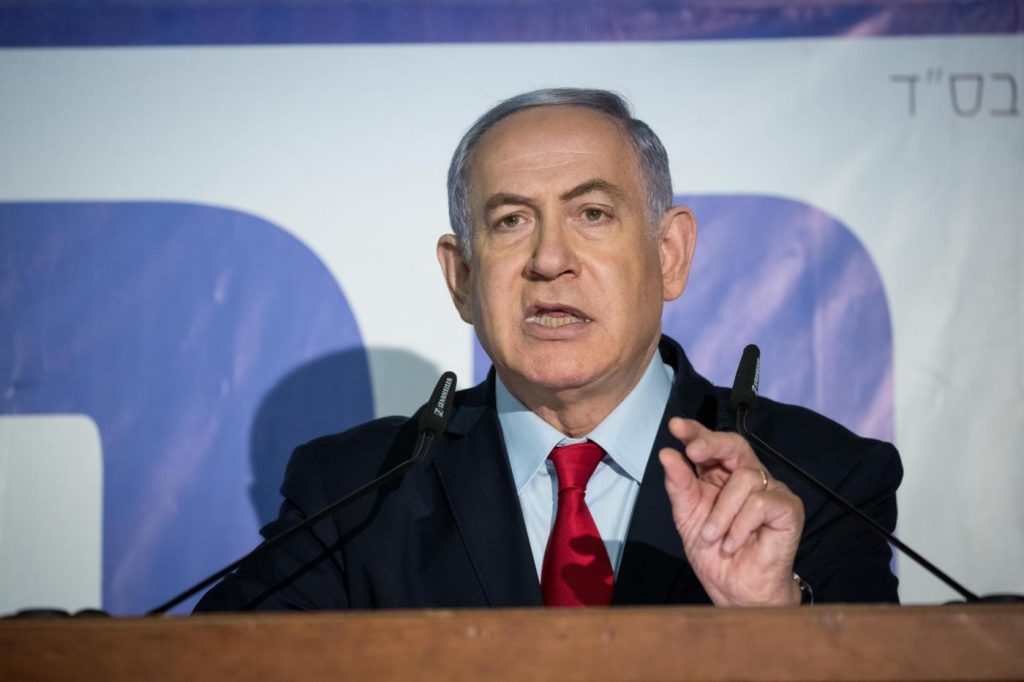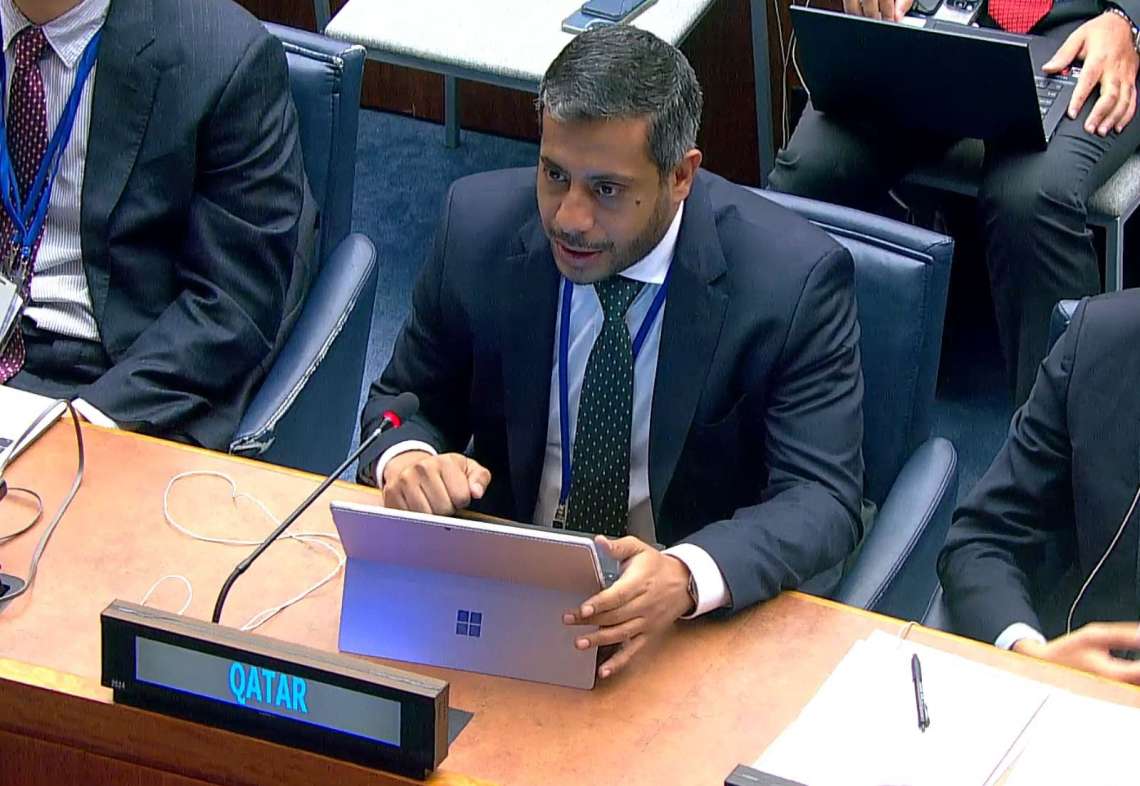The US think tank, Atlantic Council commended the developmental approach of Sultan Haitham Bin Tarik, as well as Oman’s permanent keenness to enhance regional and international relations.
This came in a recent report published by Atlantic Council on His Majesty the Sultan’s foreign policy and economic initiatives said that “Haitham’s … leadership of Oman’s latest economic reforms indicate a similar penchant for pragmatic evolution and regional peace”.
The report hailed Oman’s commitment to steady progress and political neutrality, “underpinned by generous domestic infrastructure and human capital investments that drove growth and maintained stability”.
Oman has been deftly cultivating important relationships outside the GCC—particularly with China, India, and Europe, covering cooperation in the fields of energy supplies and technological investments, which helped advance economic rejuvenation in the Sultanate.
The report pointed out that “Oman’s strategic position as a logistics hub is both a cornerstone of Vision 2040 and an attractive asset for China’s Belt and Road Initiative (BRI) infrastructure mega-plan.”

It referred to Oman-China cooperation towards the signing of a $10.7 billion deal to construct an industrial park in the Duqm Special Economic Zone designated by the Omani government.
It said that the project is an indication of China’s commitment to the Sultanate as a gateway to the Arabia Peninsula.
The report said that United States has noticed Oman’s role as a regional facilitator and its strategic location is a valuable background for military cooperation.
The report also referred to Indian investments in the Special Economic Zone in Duqm. “Other regional powers, like India, also sense opportunities. In December 2019, New Delhi signed a maritime transport agreement with Oman, the first with any Gulf country. The pact helps India to advance its Indo-Pacific strategy and reinforces Oman’s role as a hub for Indian shipping. The Indian navy also acquired access to Duqm and Indian companies have been investing in its special economic zone, where a joint consortium is undertaking a $1.2 billion project to build a large sebacic acid bio-refinery plant.
Also Read: Oman Chamber Discuss Trade Prospects With India
Finally, European countries see Oman as a natural partner in the region and have been actively cultivating the relationship.
The effort is especially necessary after Brexit – Oman has kept close ties to the United Kingdom, said the report.
Europe appreciates Oman’s resilience in the face of regional polarization and the European Union is already the largest contributor of foreign direct investment into the country.
European investment might also cultivate a unique green energy partnership. In March, Belgian firm DEME announced plans to build up to 500 MW of solar and wind-powered green hydrogen capacity at Duqm despite the ongoing pandemic. With green spending and hydrogen at the heart of Europe’s large post-COVID-19 stimulus packages, Oman could provide a unique investment destination to strengthen green energy imports and bolster the weak European presence in the Gulf post-Brexit.








